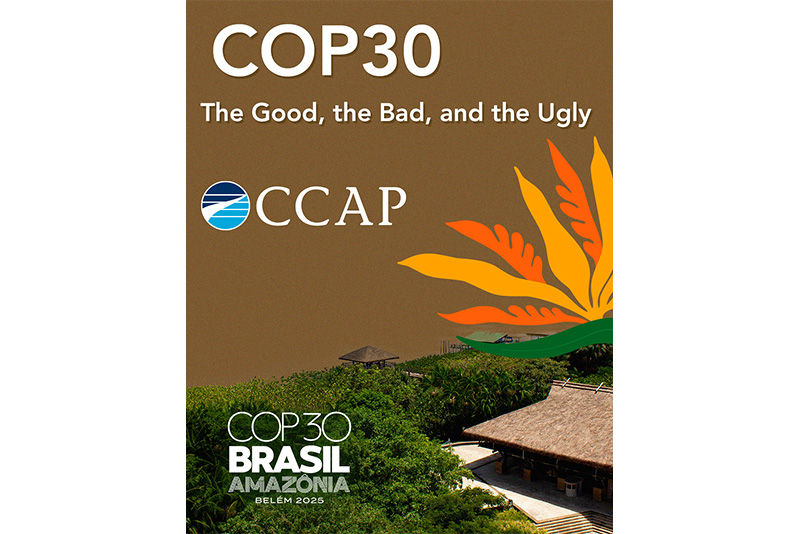Germany-UK NAMA Facility Opens Second Call for Proposals
- Leila Yim Surratt
- Apr 9, 2014
- 2 min read
The International NAMA Facility announced its second call for NAMA Support Project Outlines, inviting national governments of developing countries and emerging economies to submit proposals for highly ambitious, feasible projects that have the potential to catalyze transformational change toward low-carbon development. The call will be open until July 15, 2014. To read more about the Facility, including the selection process and submission templates, please click here.
NAMAs, or National Appropriate Mitigation Actions, are voluntary climate protection measures taken by developing countries, which are embedded within their plans for national development, (watch CCAP’s NAMA video). During the NAMA Facility’s first call for submissions, CCAP worked with a number of countries to develop promising proposals, including Colombia’s Transit-Oriented Development (TOD) NAMA, one of the five projects selected for first-round funding. The Colombian TOD NAMA aims to promote smart development around public transit in order to reduce the country’s car-use, leading to cleaner air and more livable, walkable cities. CCAP is currently working on the ground with Colombian officials to complete the appraisal stage of the TOD NAMA before implementation can begin.Read more about the Colombian TOD NAMA.
As announced during the 2012 climate negotiations in Doha, Qatar, the German Federal Ministry for the Environment, Nature Conservation, Building and Nuclear Safety (BMUB) and the Department of Energy and Climate Change (DECC) of the United Kingdom (UK) jointly established the NAMA Facility to support developing countries and emerging economies that show leadership on tackling climate change and that want to implement ambitious climate protection measures.
The NAMA Facility addresses the demand for tailor-made climate finance by funding the implementation of ambitious country-led NAMAs, thus delivering concrete greenhouse gas reductions on the ground as well as other country goals such as poverty reduction, climate mitigation and sustainable development. The Facility’s method of selecting the most transformational projects for international funding can serve as a model for the United Nation’s Green Climate Fund (GCF) to create an international paradigm shift toward low-carbon development.
CCAP continues to encourage the GCF to take into account six core criteria for selecting developing-country proposals to support with GCF funds, including those that couple ambitious policy actions with financial mechanisms that can mobilize private-sector investment.





شيخ روحاني
رقم شيخ روحاني
الشيخ الروحاني
الشيخ الروحاني
شيخ روحاني سعودي
رقم شيخ روحاني
شيخ روحاني مضمون
Berlinintim
Berlin Intim
جلب الحبيب
https://www.eljnoub.com/
https://hurenberlin.com/